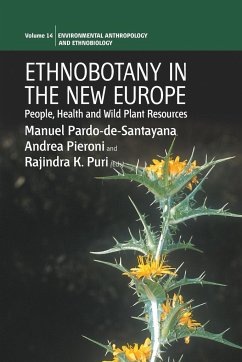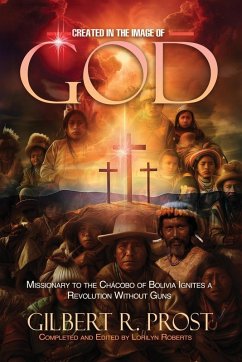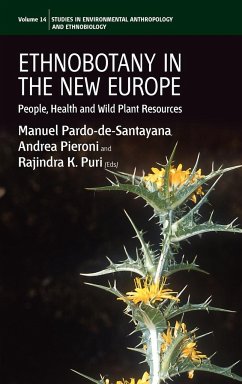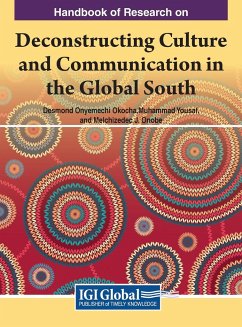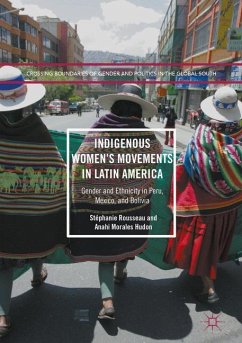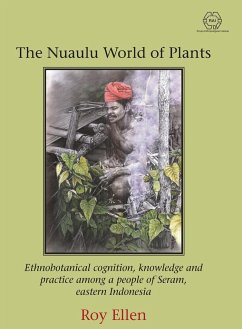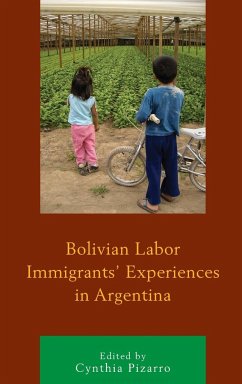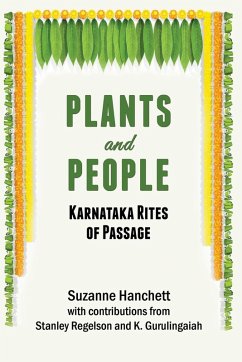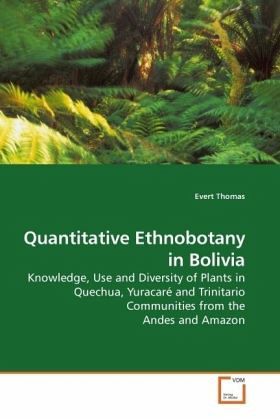
Quantitative Ethnobotany in Bolivia
Knowledge, Use and Diversity of Plants in Quechua, Yuracaré and Trinitario Communities from the Andes and Amazon
Versandkostenfrei!
Versandfertig in 6-10 Tagen
52,99 €
inkl. MwSt.

PAYBACK Punkte
26 °P sammeln!
Global plant diversity and associated traditional knowledge systems are currently being lost at an unprecedented speed by seemingly unstoppable forces such as globalization, climate change, habitat destruction and "human progress". The need to record and preserve still existing biocultural diversity before it is irreversibly lost has never been greater. This book contributes to the biocultural knowledge of Bolivia through an ethnobotanical focus on three ethnic groups residing in the two main phytogeographic and cultural areas of Bolivia, the Andes and Amazon. The author builds upon the relati...
Global plant diversity and associated traditional knowledge systems are currently being lost at an unprecedented speed by seemingly unstoppable forces such as globalization, climate change, habitat destruction and "human progress". The need to record and preserve still existing biocultural diversity before it is irreversibly lost has never been greater. This book contributes to the biocultural knowledge of Bolivia through an ethnobotanical focus on three ethnic groups residing in the two main phytogeographic and cultural areas of Bolivia, the Andes and Amazon. The author builds upon the relatively young tradition in qualitative ethnobotany and intends to demonstrate the numerous opportunities this scientific discipline offers in hypothesis testing and interpreting human-plant relationships. In doing so, he illuminates the ethnographic and ecological features of his study populations from a wide variety of angles, ranging from performing pure ecological and traditional knowledge studies over relating plant diversity and use to assessing the impact of local people on the vegetation prevailing in their living environments.




